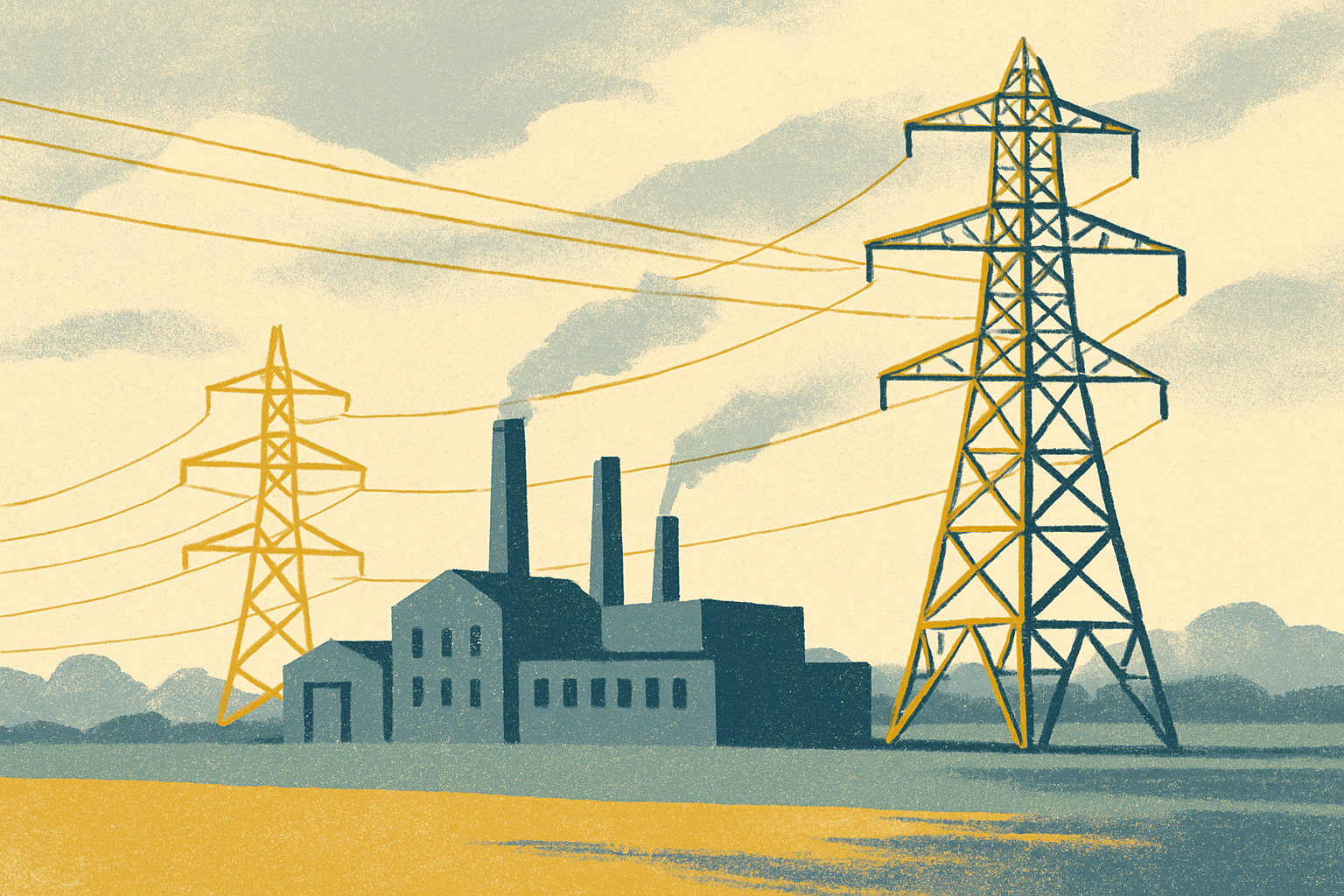The energy regulator Ofgem has announced an unexpected two per cent increase in the energy price cap for the period from October to December. This adjustment is set to raise the average household energy expenditure to £1,755 per year, despite a decrease in wholesale energy prices.
This decision follows a reduction in the price cap over the summer, when the regulator decreased it by seven per cent from May. Although the new cap signifies a return to rising energy bills, it remains 0.9 per cent lower than the same period in 2024 when adjusted for inflation. Additionally, it is £625 less than the peak of the energy crisis in early 2023.
The energy sector has been affected by the decline in wholesale prices, with Eon’s turnover experiencing an £800 million drop in July.
Cost of living pressures are intensifying. Danni Hewson, head of financial analysis at AJ Bell, commented that the increase is “a blow to many hard-working families.” She noted that while current prices are not as high as those in late 2022 and early 2023, there is no indication of a return to pre-Ukraine invasion levels, despite recent stabilisation in wholesale energy costs. Hewson added that many have already maximised energy efficiency, hoping for a mild winter.
Shadow energy secretary Claire Coutinho criticised the raised price cap, stating on X that Labour’s promise to reduce bills by £300 has not materialised. She highlighted that standing charges have increased by up to 14% and balancing costs have risen, resulting in higher energy bills even as wholesale prices fall. Coutinho attributed these outcomes to political decisions rather than global markets.
Reform UK deputy leader Richard Tice also expressed dissatisfaction, accusing Labour of failing to deliver on their promise to reduce bills, suggesting that an increase in renewables leads to higher costs.




